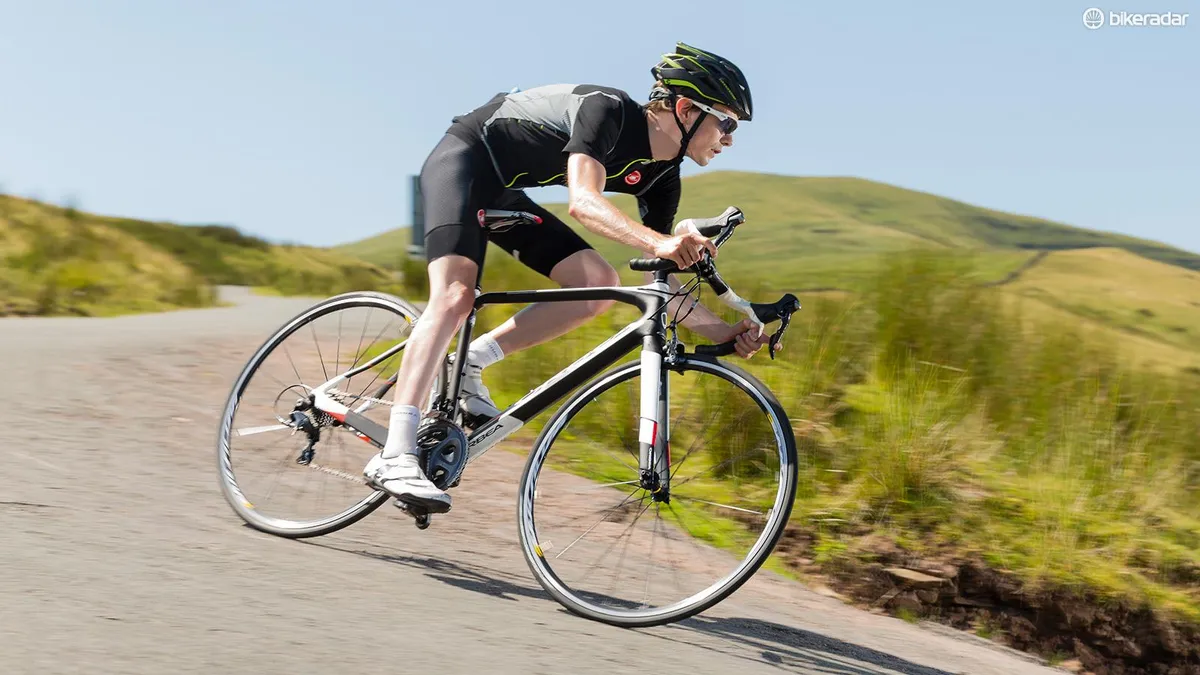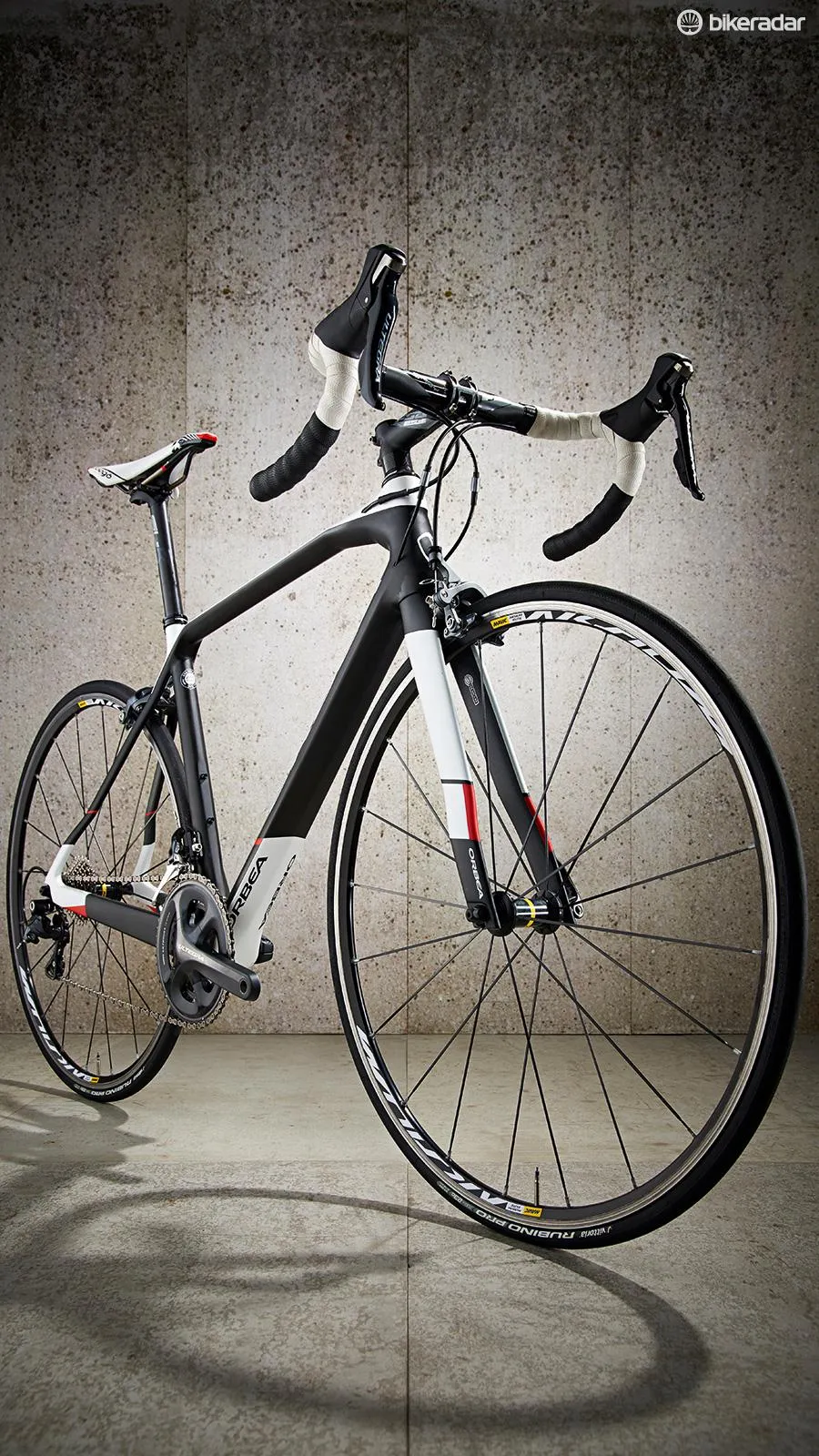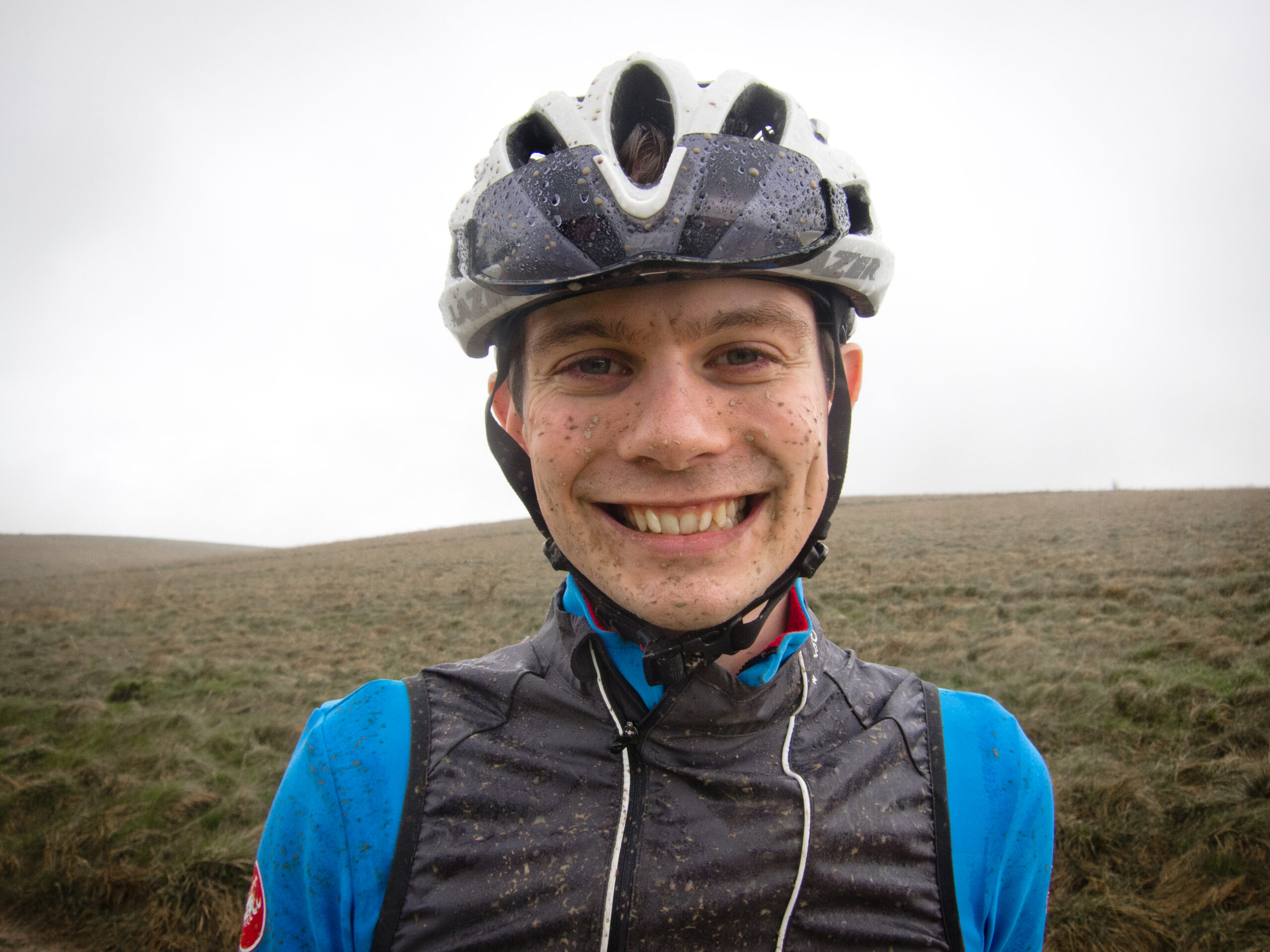Based in the Basque country where you’re never more than spitting distance from a mountain, Orbea is an obvious pick when talking about lightweight climber’s bikes.
It's worth noting that we recently rode the updated Orca which has undergone considerable changes for the 2017 model year - you can check out our first look here. The outgoing bike is still on sale at the time of writing however, and now is the perfect time to be hunting for a bargain.
One-time arms manufacturer Orbea has been making bikes for the better part of a century, and its Orca is a pure racer that’s campaigned by French Pro Continental team Cofidis. On test we have the second-tier frameset, which gets Orbea’s slightly lower-grade OMP carbon rather than the top-spec OMR stuff. Nevertheless, the frame is claimed to be 180g lighter than its predecessor at around 1,050g, as well as offering the usual cocktail of improved stiffness and compliance.
The Orca’s frame looks like it was sculpted by somebody with an imagination rather than mere CAD skills. Its lines are complex and varied, with the paint job and the two-tone bar tape playing pleasing counterpoint to one another.
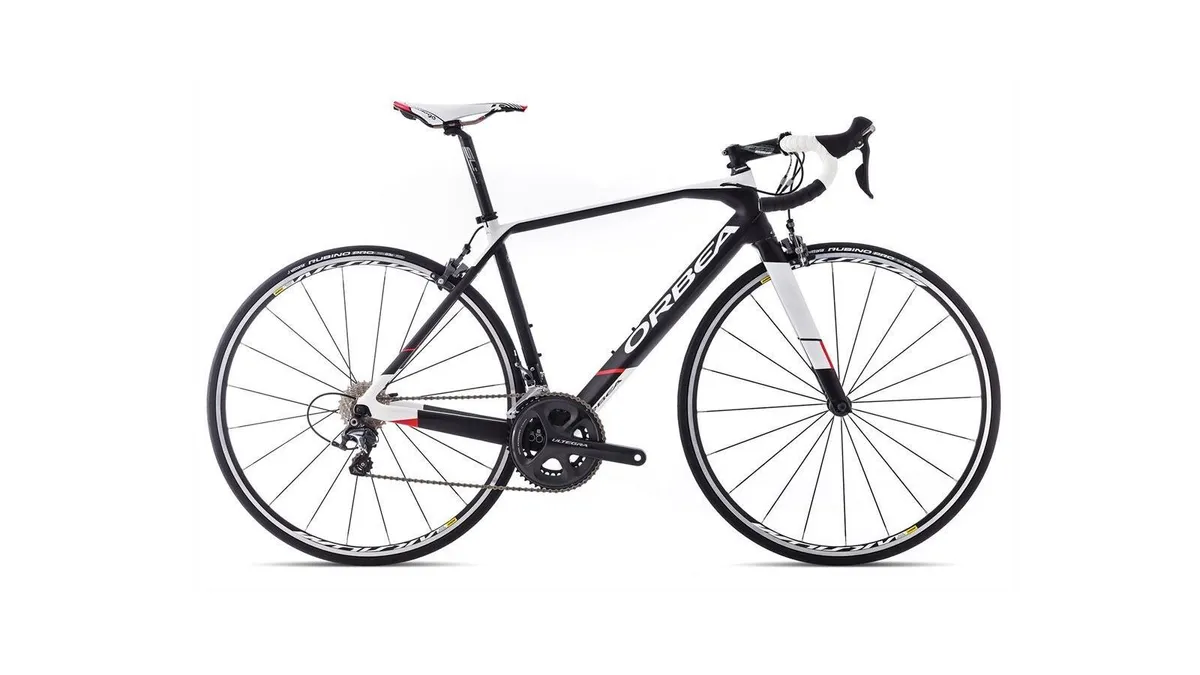
Where the colour scheme has the top-tube flowing cleanly into the seatstays, the transition in the actual tube shapes is more angular and abrupt, and it’s mirrored by the suggestion of a kink at the other end where it meets the head-tube.
There’s a similar sense of symmetry between the fork legs and the seatstays, both of which flare outwards a few inches above the dropouts, and if you look on the insides of the fork and the stays, you’ll notice a cool geometric pattern. Just to be different (or more likely because it’s torsionally stiffer), the down-tube sports a cross-section that’s approximately diamond-shaped.
All this trigonometric tomfoolery would look silly if it didn’t translate into a good ride, but mercifully it does. The experience on the road is difficult to describe because it’s very well balanced and doesn’t lean to any extremes, but the total effect is compelling.
Although there’s a hard edge to the Orca that you’ll notice if you skim through a row of potholes, vibrations are well damped; as long as you haven’t gone too large on the sizing you should have a good length of seatpost to flex over bumps.
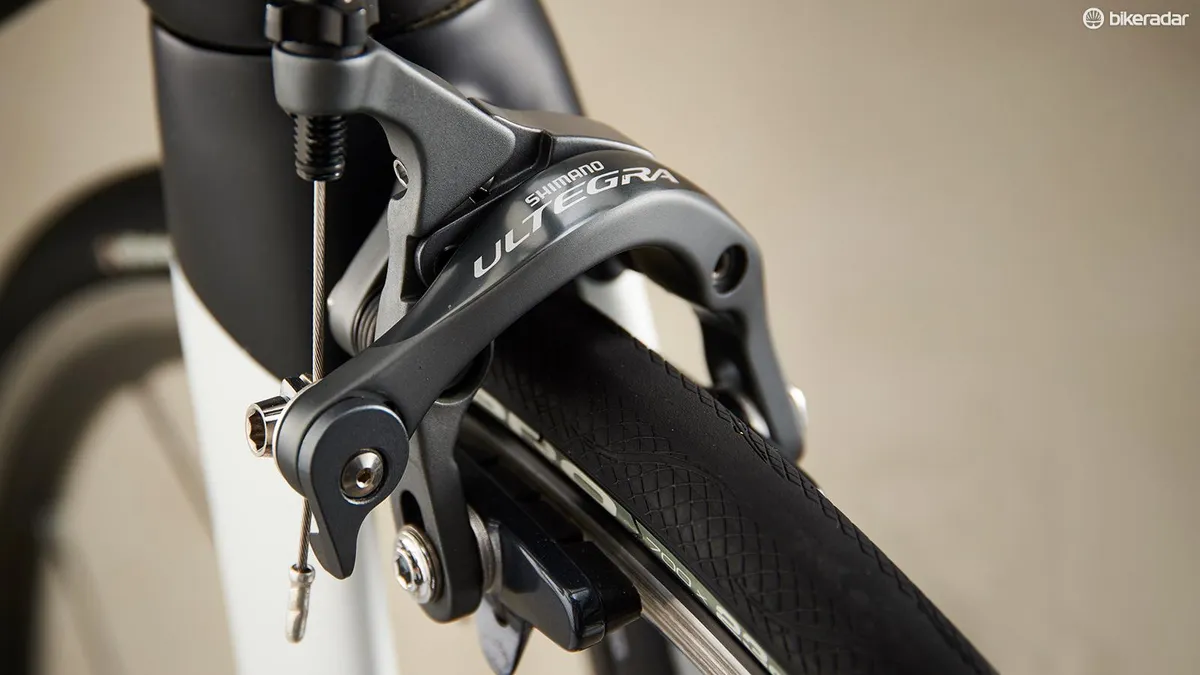
Orbea’s done itself a bit of a disservice by fitting not-very-special 23mm Vittoria tyres. They do nothing to flatter an otherwise excellent machine, and slightly fatter rubber should be a no-brainer even if your riding is confined to relatively lovely Euro tarmac. Ours isn’t, but still the Orca’s composure shines through.
In out-of-the-saddle sprints, the bike stays arrow straight, and it’s stiff enough that none of your power feels wasted, even with the fairly modest Mavic Aksium wheels. It also feels springy and alive on the climbs, and precise on the descents.
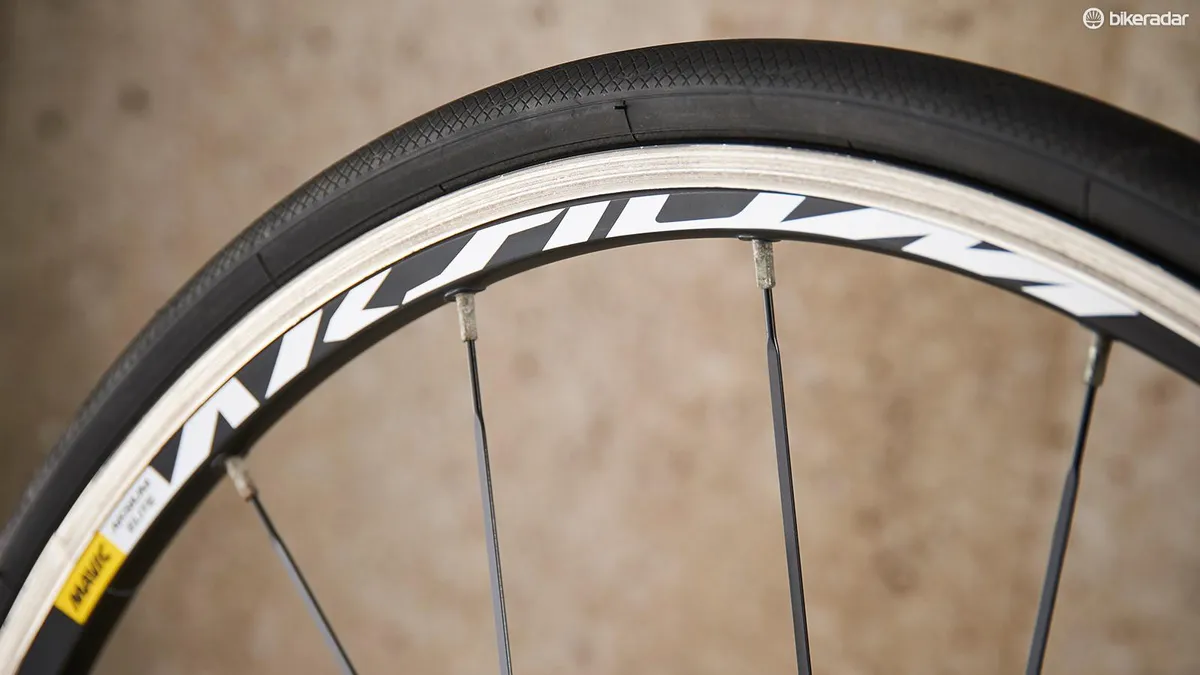
There’s little to fault on the spec front too — the short-drop FSA ergo bar is better suited to smaller hands and we didn’t love the part-shiny finish on the cockpit, but those are personal things.
The paint job doesn’t thrill, but that’s mainly because we know how amazing this frame looks in Team Cofidis colours. Orbea gives you a full Ultegra groupset, hanging off a race-geometry frame that’s funky and different in addition to being very smartly engineered. The Orca is a wheel upgrade from being genuinely lightweight, but either way it’s a lovely machine.

